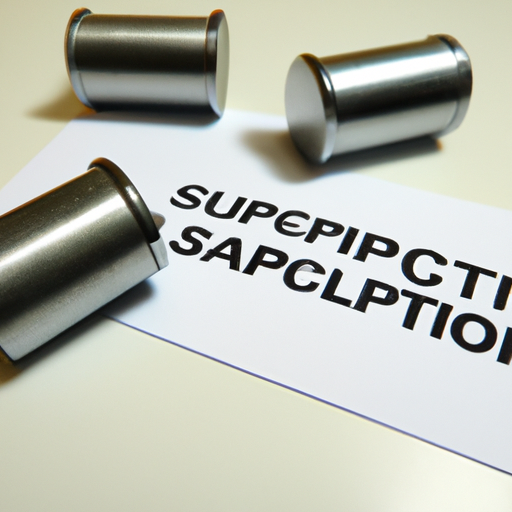Silicon capacitors are a type of capacitor that utilizes silicon as the dielectric material. They are widely used in various electronic applications due to their high capacitance density, low leakage current, and excellent stability over a wide range of temperatures. In this article, we will explore the main application directions of silicon capacitors and discuss their advantages and limitations.

Another important application of silicon capacitors is in signal processing and conditioning. Capacitors are used in signal processing circuits to store and release electrical energy, which can help to smooth out signals and remove noise. Silicon capacitors are particularly well-suited for this application due to their high capacitance density and low leakage current, which allows them to store large amounts of energy without losing it over time.
Silicon capacitors are also commonly used in RF and microwave applications. In these high-frequency circuits, capacitors are used to tune and filter signals, as well as to provide impedance matching between different components. Silicon capacitors are preferred in these applications due to their high stability over a wide range of temperatures, which is crucial for maintaining the performance of RF and microwave circuits.
In addition to these main application directions, silicon capacitors are also used in a variety of other electronic devices and systems. For example, they are used in voltage regulators to stabilize the output voltage, in motor control circuits to smooth out current fluctuations, and in audio amplifiers to filter out noise and improve sound quality.
One of the key advantages of silicon capacitors is their high capacitance density, which allows them to store large amounts of energy in a relatively small package. This makes them ideal for applications where space is limited, such as in mobile devices and wearable electronics. Silicon capacitors also have a low leakage current, which means that they can hold their charge for long periods of time without losing energy. This makes them suitable for applications where a stable voltage is required over an extended period.
Despite their many advantages, silicon capacitors do have some limitations. One of the main limitations is their relatively low voltage rating compared to other types of capacitors. This means that they may not be suitable for high-voltage applications, such as in power distribution systems or electric vehicles. Silicon capacitors also have a limited temperature range, beyond which their performance may degrade. This can be a concern in applications where the temperature can vary significantly, such as in automotive or industrial environments.
In conclusion, silicon capacitors are a versatile and reliable component that is widely used in a variety of electronic applications. Their high capacitance density, low leakage current, and stability over a wide range of temperatures make them well-suited for power supply filtering, signal processing, RF and microwave circuits, and many other applications. While they do have some limitations, such as their low voltage rating and limited temperature range, silicon capacitors continue to be an essential component in modern electronic devices and systems.